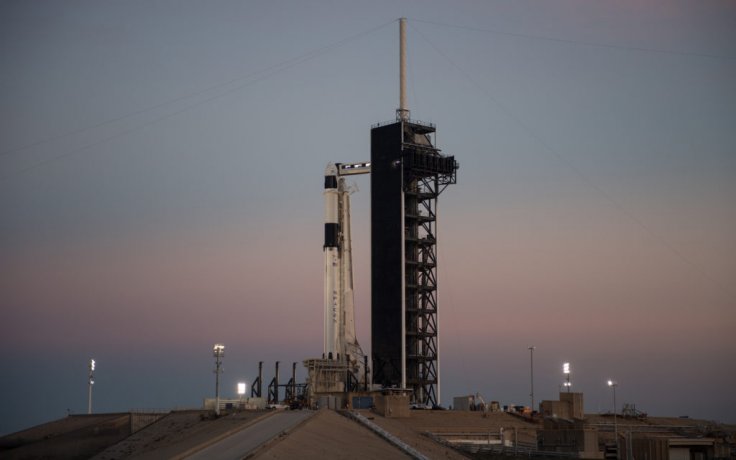
A launch schedule posted by a tourism website revealed that SpaceX is planning to deploy its second batch of satellites as part of its Starlink project. Similar to the first launch, the upcoming event will also position 60 satellites into low-Earth orbit.
The tourism website for Florida's Space Coast recently revealed that Elon Musk's SpaceX company is set to launch the new set of Starlink satellites next week.
According to the website, 60 Starlink satellites will serve as the primary payload of the company's Falcon 9 rocket, which is scheduled to launch on October 17 at 12 AM SGT from the Cape Canaveral Air Force Station.
If the event pushes through, it will serve as the second major step in SpaceX's impressive Starlink initiative. In May, the company officially kicked off the project through the launch of 60 satellites.
As noted by SpaceX, it plans to carry out yearly launches until it has successfully position 12,000 satellites for its Starlink project. Once all of the satellites are in place, they will be able to provide high-speed internet services to different parts of the globe.
Despite Musk's goal of delivering high-speed internet through Starlink, the tech mogul has been criticized by astronomers due to the potential negative effect of the project. Planetary astronomer Alex Parker previously stated that the high number of Starlink satellites that the 48-year-old entrepreneur wants to launch could affect the visibility of stars in the sky.
"I know people are excited about those images of the train of SpaceX Starlink satellites, but it gives me pause," Parker tweeted. "They're bright and there are going to be a lot of them."
"If SpaceX launches all 12,000, they will outnumber the stars visible to the naked eye," he added.
In response, Musk noted that there are already thousands of satellites in low-Earth orbit. Despite this, they still remain relatively unseen. The SpaceX founder stated that he is confident that the Starlink satellites won't affect the visibility of stars.
The entrepreneur also assured astronomers that he will ask the Starlink team to reduce the albedo or reflectivity of the satellites.
"Sent a note to Starlink team last week specifically regarding albedo reduction," Musk tweeted. "We'll get a better sense of the value of this when satellites have raised orbits and arrays are tracking the Sun."









